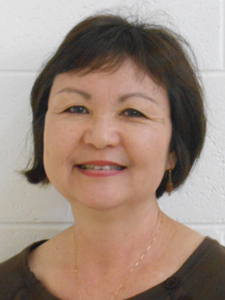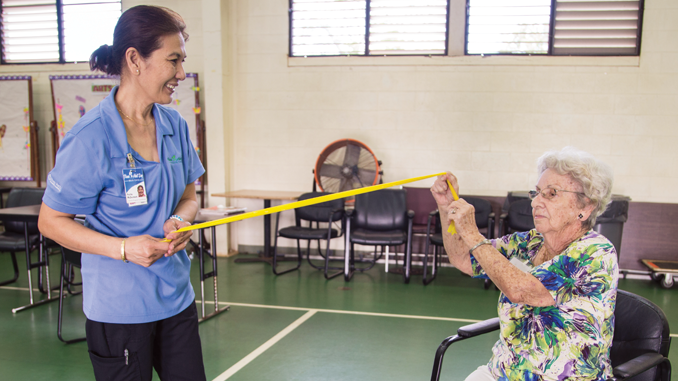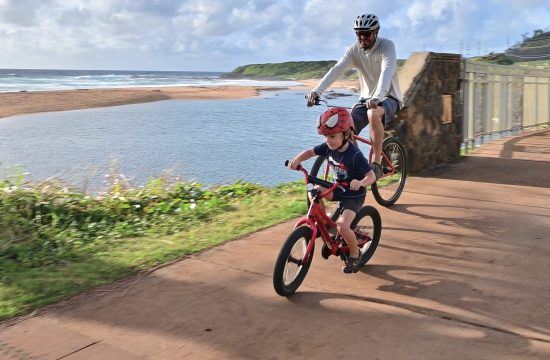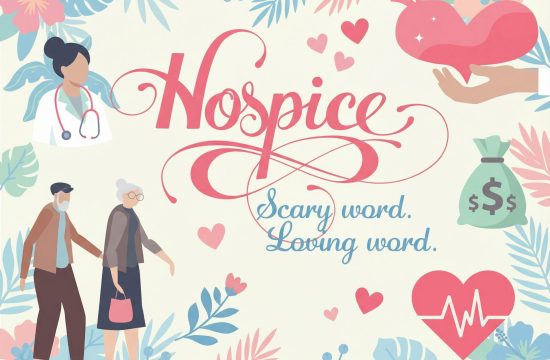
When you grow older, bones can become brittle and the muscles shorten. An elderly person can lose the balance and coordination that they have had their entire lives. Stretching routines will lengthen muscle tissue and help prevent wasting and shortening. Exercise can reduce incidents of arthritis and osteoporosis by increasing bone density and joint range of motion.
Exercising at even a light intensity will raise the heart rate and improve overall fitness.
Regular exercise helps to keep the heart muscle in shape. Exercising at even a light intensity will raise the heart rate and improve overall fitness. Cardiovascular training for the elderly increases respiratory intake and helps fight common illnesses, such as a cold or the flu. Blocking of arteries can occur when you grow older. Exercise can help reduce the risk by lowering blood cholesterol.
If you are elderly and fighting the psychological effects of aging, exercise may be the key to giving you drive and energy. A sedentary lifestyle can affect you at any age. Take part in an exercise program to help fill some of the hours. An ordinary walk when you feel blue will enhance your spirits. Exercise will also improve cognitive functions. As you age, your memory may not be as clear as it once was. Exercise can help improve mental focus.
Even if traditional programs will not work because of physical constraints, you can still be active. Wheelchair fitness DVDs and stretching can improve your health and help fight off illness. Many problems associated with growing older will improve if you stay active, as long as your doctor gives you the OK.








